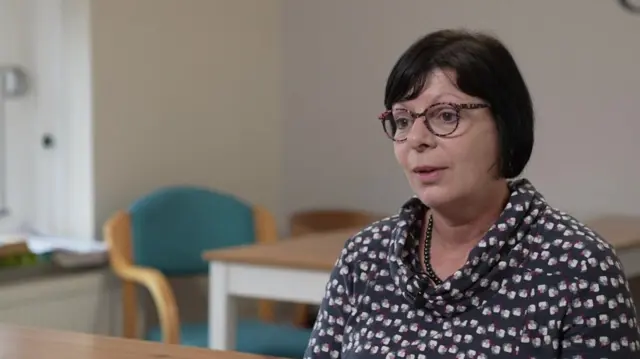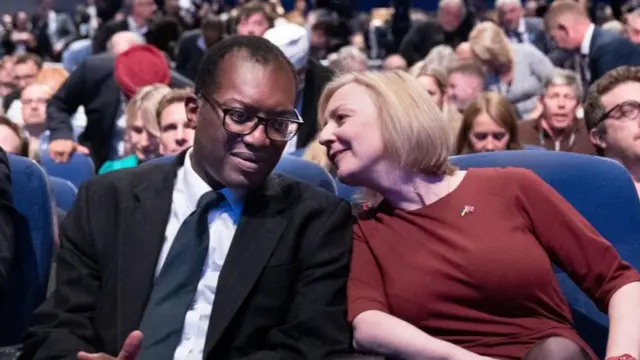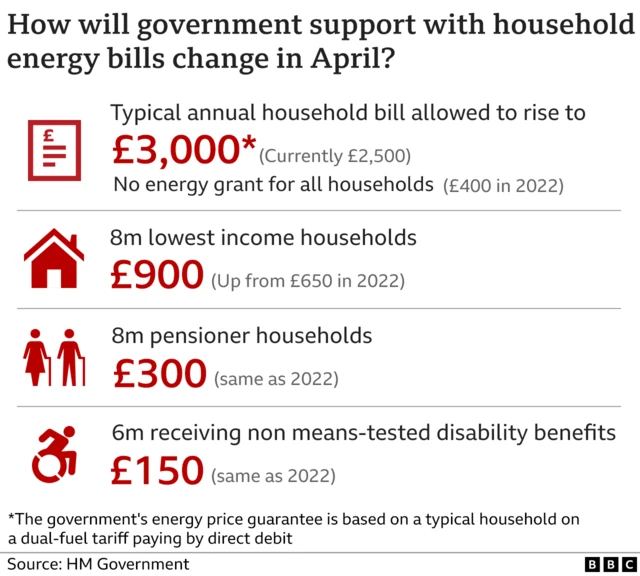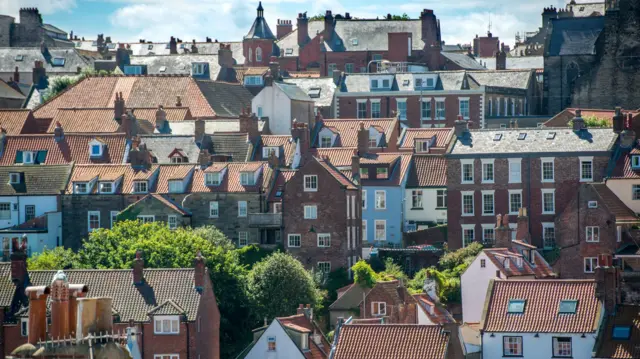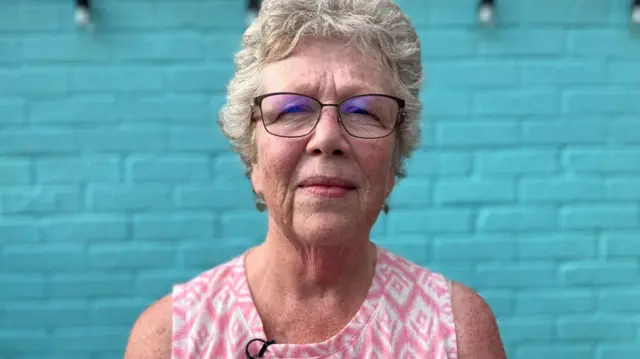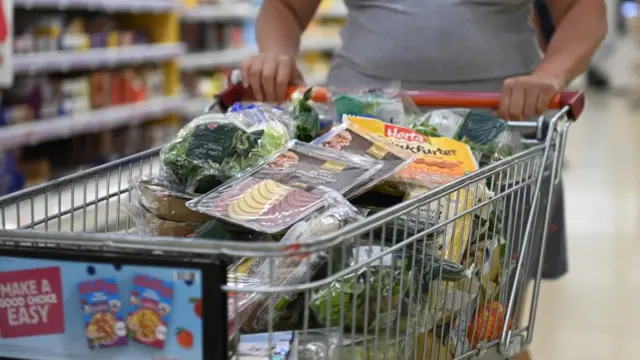
'Retirement is a worry'published at 17:09 GMT 17 November 2022
 Kevin Peachey
Kevin Peachey
Cost of living correspondent
One BBC News reader tells us: Even after working in education for forty years, my pension is such that I am in fuel poverty at the £2,500 rate - never mind £3,000. How on Earth did this country end up in this dire economic state? Retirement is a worry and headache; I’ll have to go back to paid employment at the age of 68.
Recently we have seen the opposite, with lots of people retiring early which has reduced the number of people available for work. However, there may be people like you now considering going back to work.
Charities are predicting that fuel poverty will increase as a result of the rise in energy bills.
Pensioners do have some financial assistance coming down the line.
There will be a Winter Fuel Payment – which includes an extra cost-of-living payment – which is worth between £250 and £600 being paid this winter. This will be repeated next year.


